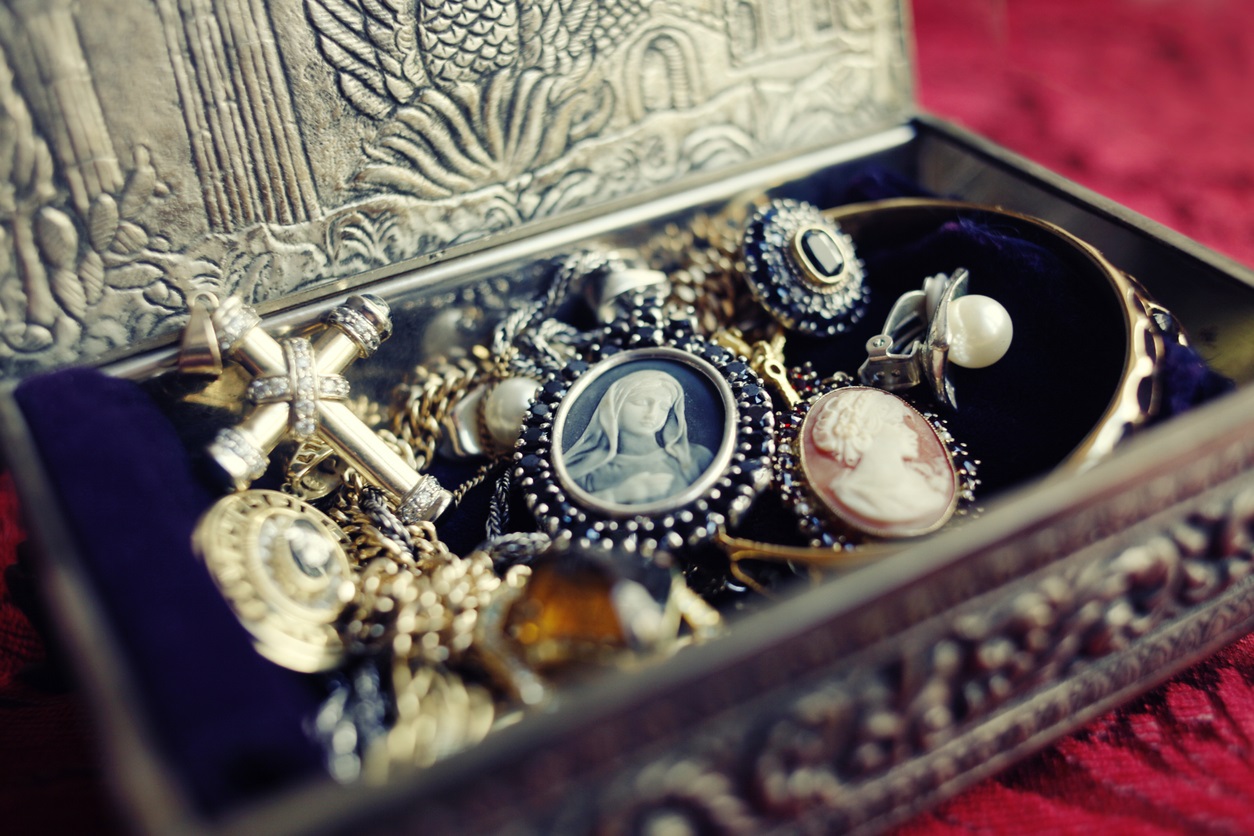
When you look around your home at your belongings, do you start to feel overwhelmed by “who should get what” if you were to pass away? Do you have items that you would like to direct to a particular family member or a friend? What is the best way to handle your “stuff”?
DRAFT A MEMORANDUM
If you were to list all of the items, and whom you would like to receive them, in your Last Will & Testament or your Trust the document would become very lengthy and hard to read. When you list items in a Last Will & Testament, the Court will expect those items to be accounted for by your Executor/Executrix and some assurance that the persons you left the items to received those items. Even worse, it would become costly for you to update those documents every time you changed your mind or the person no longer wanted that item. Instead, as part of your Last Will & Testament or your Trust, the document often will mention your ability to prepare a Memorandum. For example:
“I may leave a memorandum (which is not a part of this Will) listing some of the items described in the preceding paragraph, which I wish certain persons to have and request (but do not require) that my wishes as set forth in the memorandum be observed.”
OR
“The Grantors request the Trustees to abide by any memorandum by either of the Grantors directing the disposition of personal and household effects of every kind including but not limited to furniture, appliances, furnishings, pictures, china, silverware, glass, books, jewelry, wearing apparel, and all policies of fire, burglary, property damage, and other insurance on or in connection with the use of this property.”
This language in your Last Will & Testament or Trust is designed so that you can write out particular items, often those that mostly have sentimental value, that you would like to go to certain people. You will want to sign and date the document, and store it with your Last Will & Testament or Trust. This will allow you to make changes to your personal property without having to update your estate plan all the time.
A word of caution: This document does not necessarily have the same force and effect as bequests in your actual Last Will & Testament or Trust, but it can be extremely useful for explaining your wishes and resolving family arguments over these items. When it comes to items with larger values, like jewelry or cars, those are best to be written into your Last Will & Testament or Trust.
Since every situation is different, there is no “one-size fits all” approach. Speaking with an Estate Planning Attorney will assist you in discussing your options for your personal property and explaining your wishes. An Estate Planning Attorney can also assist you in evaluating all of your Estate Planning options and needs.
For more information or to schedule an appointment to discuss your situation and options, contact us.
